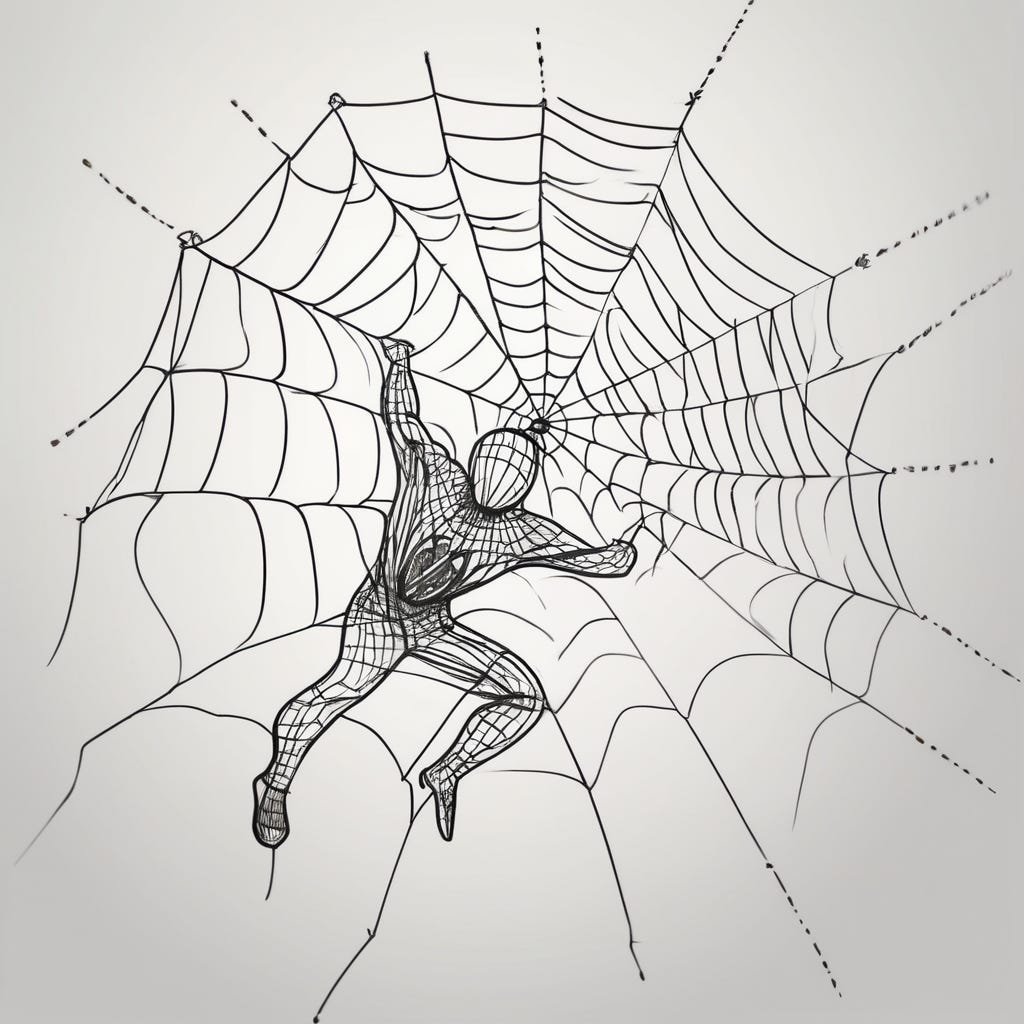It's all in your Chest? (It's Not All in Your Head!)
Hey everyone,
We've all experienced tension, and for many of us, it seems to settle right in the chest. It can be a scary feeling, and often doctors are quick to dismiss it as "anxiety" or something psychosomatic. But what if there's a deeper connection between your physical pain and emotional state?
This month, I'm diving into my own journey with chronic chest pain. It started alongside my recent retraumatization, and despite a battery of tests, doctors couldn't find a physical cause. Frustrated and in pain, I embarked on a quest for answers.
The Fascia Connection: Your Body's Hidden Web
After numerous appointments with various specialists, I finally found a clue – fascia. This web of connective tissue runs throughout your body, supporting organs and muscles. When stressed, it can tighten up, just like a tense muscle. In my case, my physiotherapist discovered my fascia, particularly in my upper stomach and chest, was incredibly tight.
The Mind-Body Tango: POTS, PTSD, and the Fascia Frenzy
Here's where things get interesting. Both POTS (Postural Orthostatic Tachycardia Syndrome) and PTSD are linked to chronic stress. POTS throws your body into "fight or flight" mode, while PTSD is the emotional response to a past trauma. Could this constant state of high alert be impacting my fascia?
The answer seems to be yes. Science is still unraveling the mind-body connection, but it appears chronic stress can trigger fascia to tighten. In my case, the constant "fight or flight" might be causing this "fascia frenzy," leading to my chest pain.
Breaking Free: Relief Beyond the Physical
Twice-weekly physiotherapy sessions have been a lifesaver, helping to loosen the tight fascia and ease the pain. But the most surprising part? The physical release often triggers emotional release too. Shaking and shivers accompany the loosened fascia, which feels like my body finally letting go of some of the emotional baggage trapped alongside the physical tension.
It's a slow process, but for the first time, I feel a glimmer of hope. By addressing both the physical (fascia) and emotional (POTS/PTSD) aspects, I might be starting to break free from this cycle.
This journey is far from over, but I wanted to share this with you because you're not alone. Chronic pain, especially when doctors can't find a cause, can be incredibly frustrating. But remember, there's often more to the story than meets the eye. Keep digging, advocate for yourself, and explore alternative therapies. You might just discover a hidden web of connections, just like I did.
Stay strong,
Roi

The way out is a reader-supported publication.
To receive new posts and support my work,
consider becoming a free or paid subscriber.
Thank you for subscribing!
Have a great day!